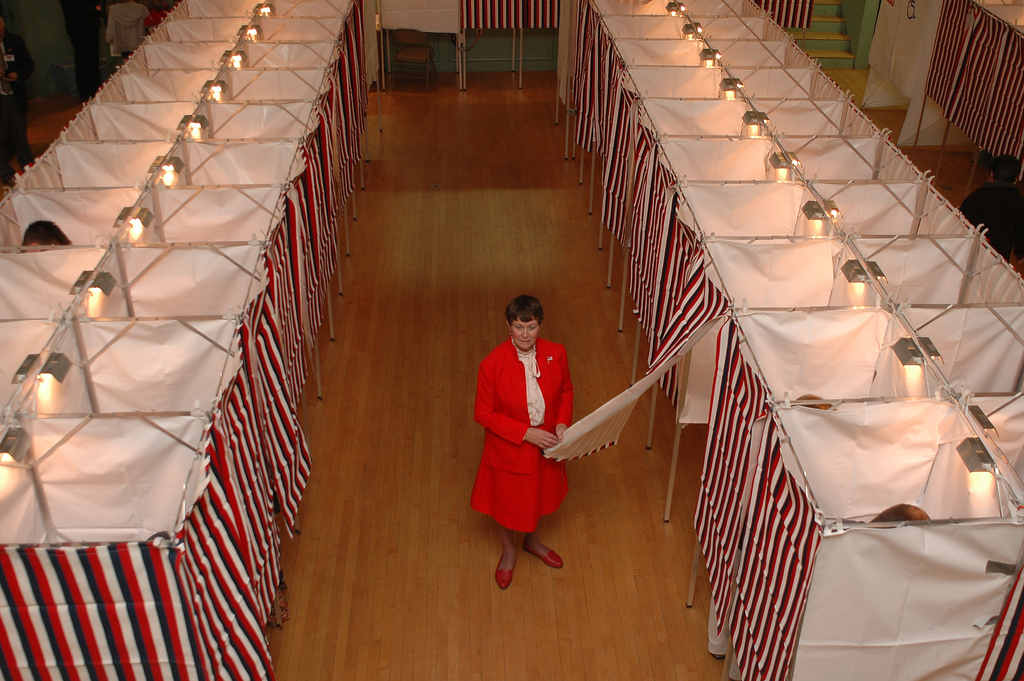I have a moderate to profound hearing loss, so it probably comes as no surprise that a story like the one that appeared at NPR today, Cochlear Implants Redefine What it Means to Be Deaf, are of interest to me.
Much in the article makes sense: cochlear implants are indeed enabling many people to hear things that, previously, they had been unable to hear.
But I always worry about getting too triumphalist about new technologies, this one included. Very often, new technologies get coded in words that indicate perfection, or near-perfection. Here, it’s:
With the invention and improvement of the cochlear implant technology, Niparko says all children born deaf and without other disabilities have the chance to be fully integrated into a hearing society.
So in the future, could deafness be a choice? To that, Niparko says, ‘We’re already there.’
“All children,” “full integration” and especially “choice” are the words that make me leery. Cochlear implants are great – for those who can get them. The article mentions (briefly) for example, the difference between the haves and have nots – implants are expensive. But then there are also numerous people, like me, who do not qualify for cochlear implants. And then still, there is the fact that even for those that have them, cochlear implants are not an instant fix. The article doesn’t do enough to describe how difficult it can be to learn how to hear, to come to grips with each and every sound.
This is a moral issue. For what happens when the predominant story about technology is one of perfection based on choice? The predominant story has the effect of silencing or misplacing the stories of those who do not fit into the predominant narrative. It makes it seem that people who don’t have the technology are less-than, and probably stupid. It places blame on people for whom technology does not work in the marvelous ways that people hope for.
And theologically, it sets up the technology as a kind of false eschatological dream. If we think we can make ourselves perfect, then we certainly don’t need God, nor really, each other. And thereby we become conditioned to overlook those who need something other than technology (gasp). For example, I do need constant lip reading (and people willing to speak clearly), people willing to respond to my needs. Those without the means to pay for cochlear implants should no less benefit from the hospitality and generosity of others. If technology becomes pseudo-perfection, then it helps us overlook each other. It helps us forget what we are about as Christians.
I can think of many forms of technology for which this all would apply, by the way, beyond cochlear implants.
Of course we like thinking that technology is doing something for us – and cochlear implants do something beneficial many times. But let’s leave the language of perfection out of it. Our technology will not make us perfect – rather, our technology, like ourselves, is imperfect. And it is owning up to that fact – rather than trying to conform to technological perfection – that will help us more closely follow God’s will.




